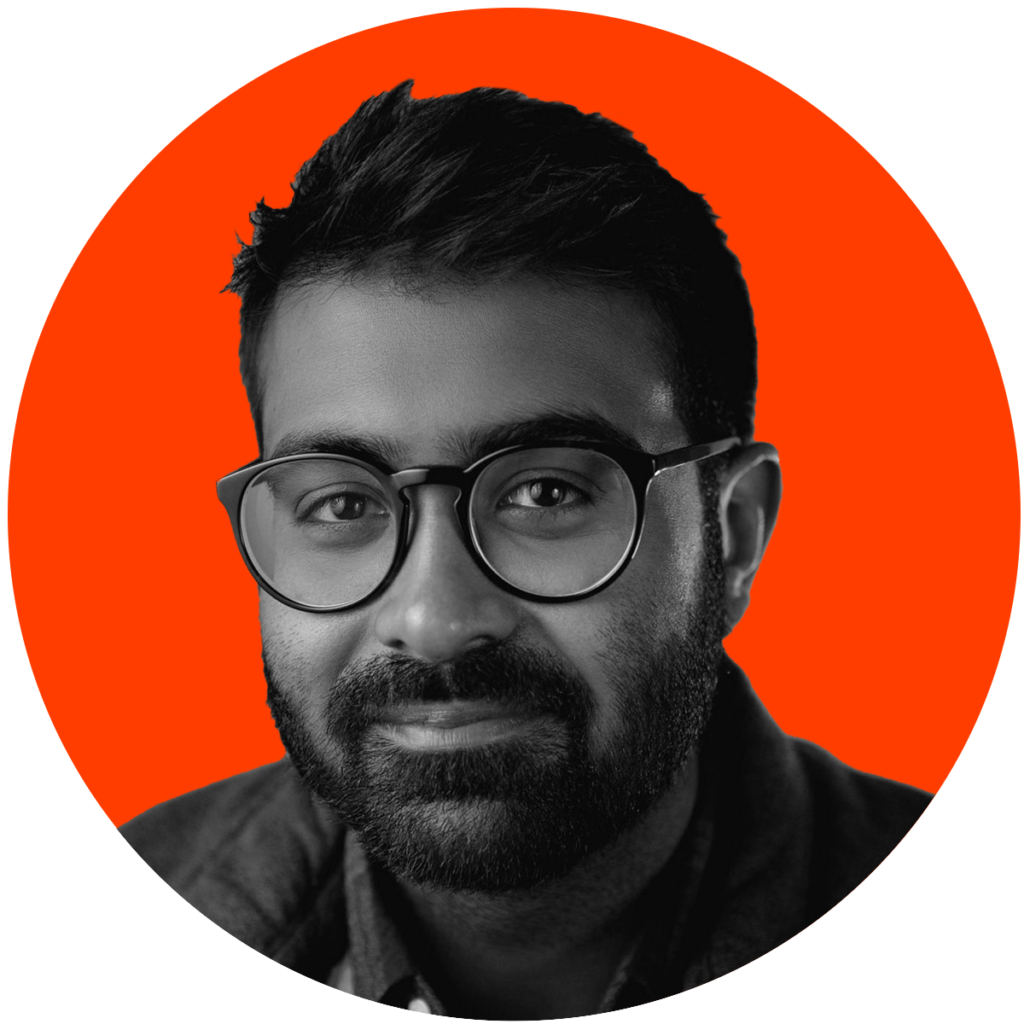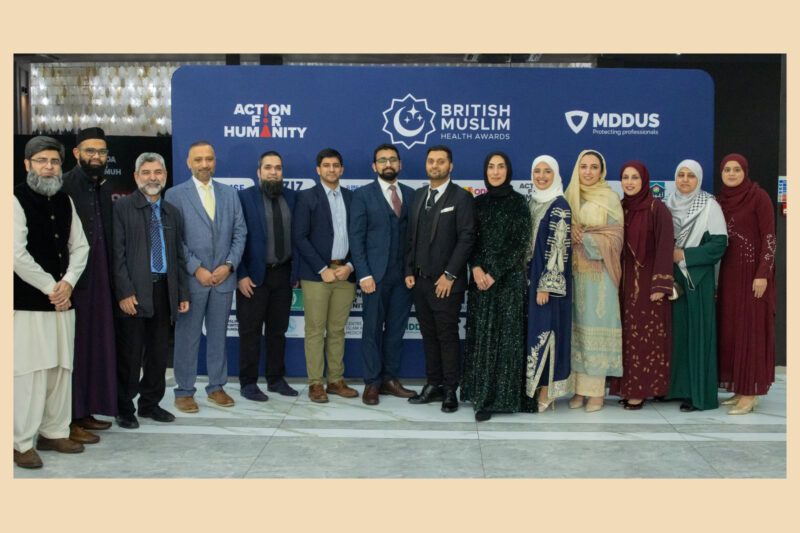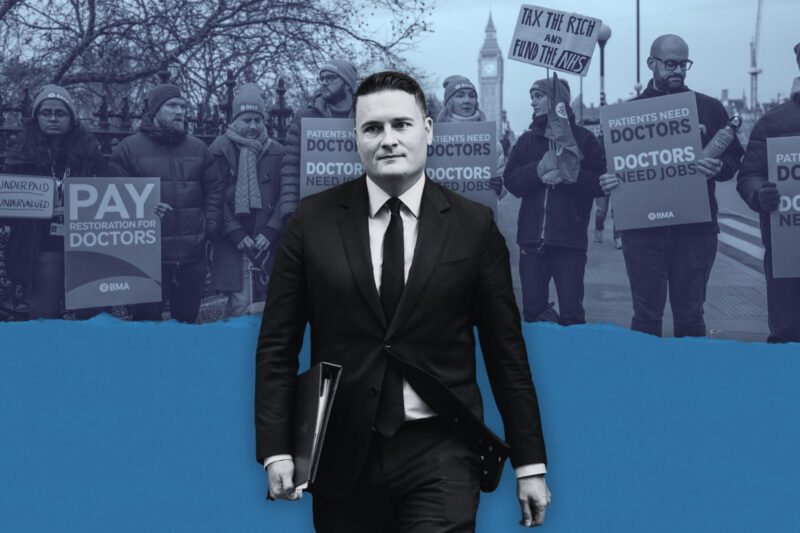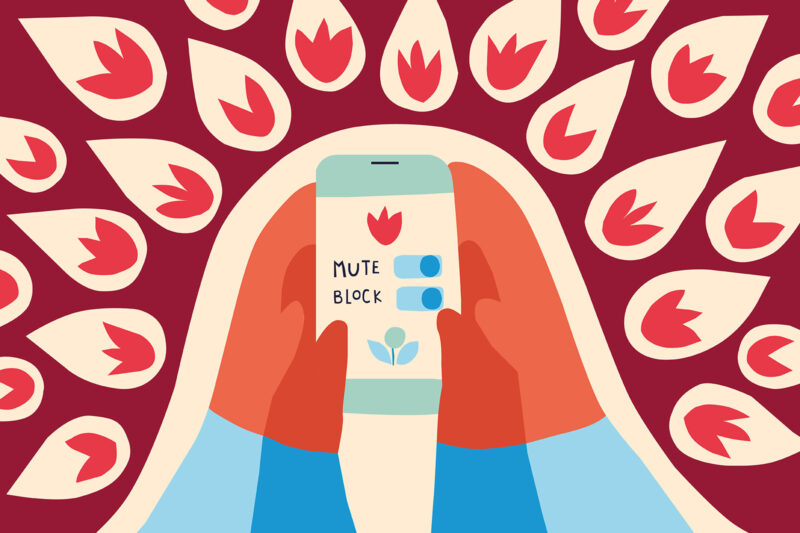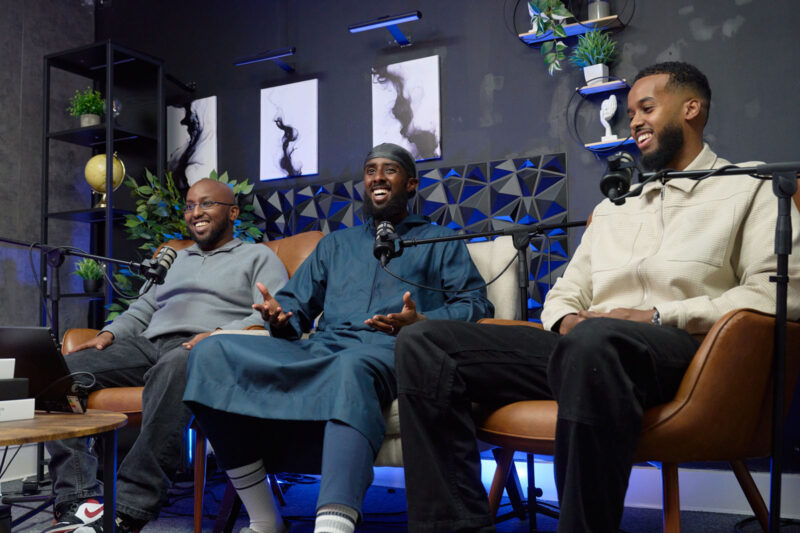To circumcise or not?
Despite being steeped in tradition and cultural identity, some parents are questioning whether their sons should undergo the procedure

Like most expectant fathers, Ahmed couldn’t stop talking about how excited he was in the months leading up to the birth of his son. His spare time was spent preparing the baby’s bedroom, painting the walls blue and filling the cot with cuddly racing car toys. To his friends and family, he spoke of his long-held desire to become a father finally becoming a reality and the hope that his son would grow up to be an Arsenal supporter.
In private, though, Ahmed, 36, nursed a feeling of dread. In the weeks following the birth, he knew that he would be expected to take his son to a clinic to be circumcised in an Islamic ritual known as khitan.
In many parts of the Muslim world, the circumcision of infant boys is carried out in homes using a sharp implement such as a scalpel, often by medical professionals or, in some cases, imams with some medical training. Now, most Muslim parents living in the global north are likely to turn to private or specialist clinics staffed by qualified doctors, sometimes at religious institutions such as the East London mosque. After surgery, many use technologies such as the Plastibell or the Gomco — small clamps that cover the top of the penis to aid healing.
While circumcision has been practised in Muslim-majority cultures for thousands of years, Ahmed was born and grew up in the UK, where the procedure is far less common. Only 20% of British people are circumcised, according to recent public health figures, compared to more than 70% in the US. The UK National Health Service does not provide circumcisions for cultural or religious reasons and will carry out surgery only when a urologist decides there is a medical reason for it.
Although male circumcision is legal in the UK, it can still be a controversial topic. Conversations about the ethics of the practice often include disputes over whether or not it is good for genital hygiene. While medical bodies such as the American Academy of Pediatrics used to agree that it was, the organisation now states that though there are benefits as a preventative measure against some sexually transmitted diseases in adults, it would not “recommend universal newborn circumcision”.
Beyond medical considerations, the circumcision of newborns can be a contentious social issue. In the UK, anti-circumcision activists consider it cruel and unnecessary, drawing comparisons with outlawed female genital mutilation (FGM). Some have petitioned medical authorities to ban the procedure outright. Meanwhile, in Europe, the subject often acts as a lightning rod for the far-right, with prominent politicians citing the prevalence of circumcision as an example of Muslims being unwilling to integrate into wider society.
The racially charged nature of conversation about circumcision can result in concerned or reluctant Muslims feeling like they have nowhere to turn for help or advice. Every time he thought about circumcising his son, Ahmed felt queasy. The terror of causing his child pain grew stronger during the first weeks of becoming a parent. Ahmed remembers spending sleepless nights and bleary-eyed mornings scrolling through forums and subreddits, reading testimonials from fathers expressing regret for having agreed to have their sons circumcised and from men reporting long-term health issues, ranging from fungal infections to erectile dysfunction, following the procedure.
“That was the main reason I kept putting it off,” Ahmed says. “Whenever my wife, or my family would bring it up, I’d change the subject, or say that I was sorting it out. I just didn’t want to think about it.”
Ahmed believes that circumcision wasn’t talked about within the Pakistani Muslim community he had grown up in, not because it was a controversial issue but because it was one on which it was simply assumed that everyone agreed.
‘In Muslim communities it’s a given that if you’re a boy you’ll be circumcised. I never really thought about it until I became a dad. When I knew that I was going to have a son, it hit me that I was going to have to make this life-changing decision for him.’
Ahmed is far from alone. While public debates on circumcision among Muslims are rare, a cursory online search suggests that many questions exist in private. Dozens of Reddit posts, Quora queries and Islamic message board threads question the religious obligation of circumcision in infancy. Some contributors to subreddits including r/circumcision grief, which has more than 5,000 members, cite the procedure as their main reason for leaving the faith.
Those issues are not limited to Muslims. A growing number of both liberal and conservative Jews are also choosing not to circumcise their sons. The practice — traditionally carried out in a ritual called a bris by a practitioner known as a mohel — has deep theological roots and has long been considered necessary to male Jewish identity. Accordingly, parents opting out are risking both their own position in their religious communities and that of their child. Organisations such as the US-based Beyond the Bris, however, exist to offer advice and support.
For Muslims, the issue of circumcision is somewhat less clear-cut. “It’s really a psychological question, more than anything else,” says Hossein Dabbagh, an assistant professor in applied ethics at Northeastern University in London.
In many branches of Sunni and Shia Islam, circumcision is not wajib, or compulsory, and is, as such, not decreed in the Qur’an. To Dabbagh, while parents do have a choice, their decision will have less to do with religion than their desire to follow the traditions of the communities they belong to and want their children to be part of.
“Parents might circumcise even if they aren’t religious, because they want their child to be like other children they grow up with,” he says. “That’s important if you want to be part of a community or find comfort in a shared identity.”
Dabbagh adds that where the Qur’anic position on circumcision may be contested, Muslim parents may opt to consult religious authorities, which can offer clearer, if not more practical guidelines. In Sunni Islam, legal schools of thought — including the Hanbali, Maliki and Shafi’i madhabs — consider circumcision to be a sunnah and, therefore, strongly recommended.
Similarly, while most branches of Shia Islam also acknowledge that a Muslim does not necessarily need to be circumcised to be accepted into the faith, most of the ulema recommend it, citing the Caliph Ali ibn Abi Talib and the sixth Shia imam, Jafar al-Sadiq, who, according to historical records, endorsed the practice for reasons of physical cleanliness and, similar to Jewish tradition, acknowledging the covenant between God and the prophet Ibrahim.
According to Habeeb Akande, a historian and sex educator who has also studied the Islamic law at Al-Azhar University in Egypt, circumcision is viewed as an “emphasised sunnah”. He notes that it is not a requirement for every Muslim male — after all, many people who convert to Islam are and remain uncircumcised — but, owing to its historical importance within Muslim communities, alongside the emphasis of Islam on physical cleanliness, it is often considered a religious act.
“For many Muslims, the ritual is one that happens throughout the generations and there isn’t much evidence to suggest that it harms or reduces sexual sensitivity. That might explain why there aren’t as many conversations in Muslim communities about no longer doing it,” he says.
Debates about circumcision are most common in families where only one partner is Muslim or one is more conservative in their beliefs than the other. While reporting this story, I heard several stories of break-ups at least partly caused by differences over whether male children should be circumcised.
For 29-year-old Emily, such a disagreement led to the end of a long-term relationship, even though her partner was not particularly devout and they had no children. “I didn’t have a problem with having children and raising them as practising Muslims,” she says. But, as the prospect of getting married and starting a family became more real, so did questions about how their children would be raised. Emily noted her ex saying that, were they to have a son, “he would never be considered a real Muslim if he wasn’t circumcised” and that being uncircumcised would deny him “a place in Paradise” after death.
Another Muslim couple, who live in Germany, have a five-year-old son who has not been circumcised. While they resolved not to go through with the procedure, agreeing that it was a choice for their son to make as an adult, they spoke of family tensions so serious that he now rarely speaks to his grandparents in Morocco.
While Akande rejects the idea that male circumcision should be considered in the same way as FGM, he recognises that this confluence of religion and cultural tradition makes conversations about the practice tricky. He adds that Muslims who live in countries where circumcision is uncommon — particularly nations such as Denmark, Germany and Sweden, where politicians have likened it to child abuse — are often the ones who experience the most uncertainty.
“For Muslims living in these countries, whenever circumcision is talked about publicly, it’s often done through Islamophobic terms — as a way to prove that Muslims are barbaric and that they aren’t really European,” he says. “Whatever decision a parent makes will have a big impact on the child’s identity.”
At the beginning of September, after weeks of research and a private, face-to-face conversation with a doctor, Ahmed took his son to a clinic in central London to be circumcised. In the hours after the operation, he was aware that his decision had not just set the course of his son’s life, but also his own. Having the procedure carried out formed part of a resolution by Ahmed to become a better Muslim — praying regularly, attending the mosque more and remembering to pay zakat.
Ahmed still doesn’t know for sure that he made the right choice, or how being circumcised will affect his son’s life as he grows up. Though he hopes that his decision will bring blessings and encourage his child to embrace his Muslim identity, he does find himself considering whether it may later have the opposite effect. “There’s a part of me that wonders whether he’ll resent me for doing it when he’s older,” Ahmed says. “Especially if he chooses a different path for his life.”
 Newsletter
Newsletter

